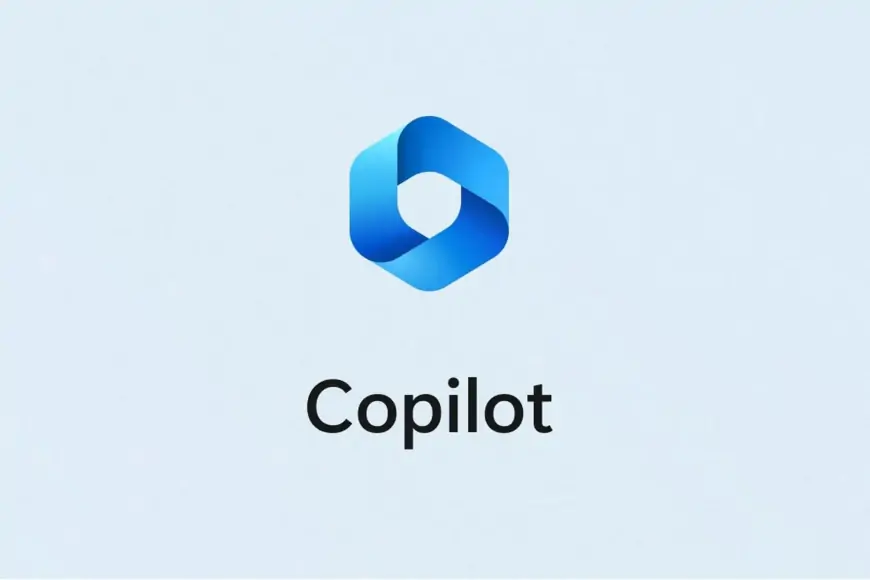Intel states Copilot key necessary for Microsoft's next generation of AI PCs
Intel underscores the importance of incorporating Microsoft's Copilot key in the forthcoming AI PCs, emphasizing its role in the next generation of computing technology.

Intel, Microsoft, Qualcomm, and AMD have all been advocating for the concept of an "AI PC" in anticipation of the integration of more AI-powered functionalities into Windows. While awaiting further details from Microsoft regarding its extensive plans for AI integration into Windows, Intel has begun disclosing Microsoft's requirements for OEMs to develop an AI PC. One of the primary requirements specified by Microsoft is the inclusion of its Copilot key in the AI PC setup. Microsoft expects its OEM partners to deliver a comprehensive combination of hardware and software components for the AI PC concept, including a Neural Processing Unit (NPU), the latest CPUs and GPUs, and access to Copilot. Additionally, the AI PC must feature the new Copilot key introduced by Microsoft earlier this year.
This stipulation implies that certain laptops, such as Asus' recent ROG Zephyrus model, have been released with Intel's latest Core Ultra chips but do not meet Microsoft's stringent criteria for AI PCs as they lack a Copilot key. However, Intel still considers them to be AI PCs.
Todd Lewellen, head of the PC ecosystem at Intel, highlighted the aligned definition between Intel and Microsoft regarding Core Ultra, Copilot, and Copilot key during a press briefing with The Verge. He stated, "From an Intel perspective, our AI PC features Core Ultra and an integrated NPU, unlocking new capabilities and functions in the AI space. While there is strong alignment with Microsoft, there may be systems without the physical key but still featuring our integrated NPU."
Both Intel and Microsoft likely anticipate that OEMs will eventually comply with Microsoft's requirements and incorporate the Copilot key over time. It's possible that Asus' products were shipped before Microsoft finalized its new requirements. Notably, Dell showcased a Copilot sticker on its keyboards at CES earlier this year, suggesting that Microsoft's Copilot key might have been added late to its CES plans.
However, the benefits for OEMs adhering to Microsoft's AI PC definition remain unclear. Microsoft has not yet commented on its requirements for AI PCs. While Microsoft recently labeled its latest Surface Pro 10 and Surface Laptop 6 devices for businesses as AI PCs, it's uncertain whether there will be stickers for laptops or additional marketing budgets for OEMs.
In addition to the AI PC criteria, Intel is broadening its AI PC acceleration initiative, initially introduced in October. This program aims to engage software developers in integrating AI-powered features into their applications, and it is now being extended to cater to smaller developers via an AI PC developer program.
Intel will conduct events throughout the year, providing developers with hands-on opportunities to familiarize themselves with AI models and tools. Additionally, there's an AI PC hardware development kit available, essentially an ASUS NUC Pro 14 equipped with preinstalled software, drivers, and development tools.
The focus on developers is expected to lead to a greater number of apps utilizing this new NPU hardware. Currently, there are few apps leveraging it, with Microsoft's Windows Studio Effects being the primary use of the NPU within Windows.
Intel is also directing its AI PC acceleration program towards hardware vendors, encouraging them to optimize and enable their hardware for Intel's AI PCs. This initiative reflects a race for Intel to garner support from software and hardware developers to optimize apps and hardware as AI PCs are introduced. This competition comes amid Qualcomm's upcoming launch of Snapdragon X Elite laptops, which could provide a significant performance boost for Windows on Arm.
Furthermore, Google is set to release an optimized version of its Chrome browser for Windows on Arm this week, a move that will greatly enhance the user experience on Qualcomm-powered Windows laptops. There are also rumors that Microsoft will transition solely to Arm for its consumer versions of the Surface Pro 10 and Surface Laptop 6. Microsoft will host an AI and Surface event on May 20th, where CEO Satya Nadella will outline the company's vision for AI hardware and software.












































